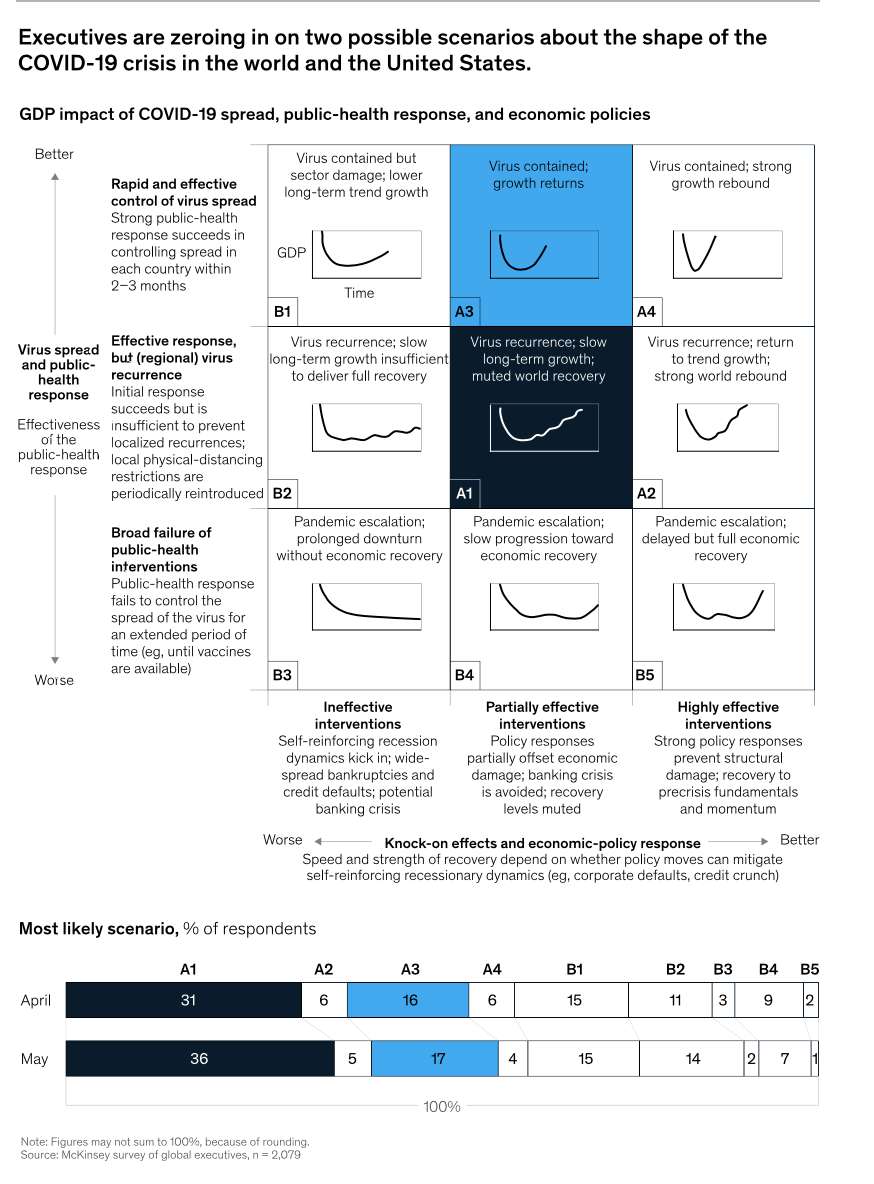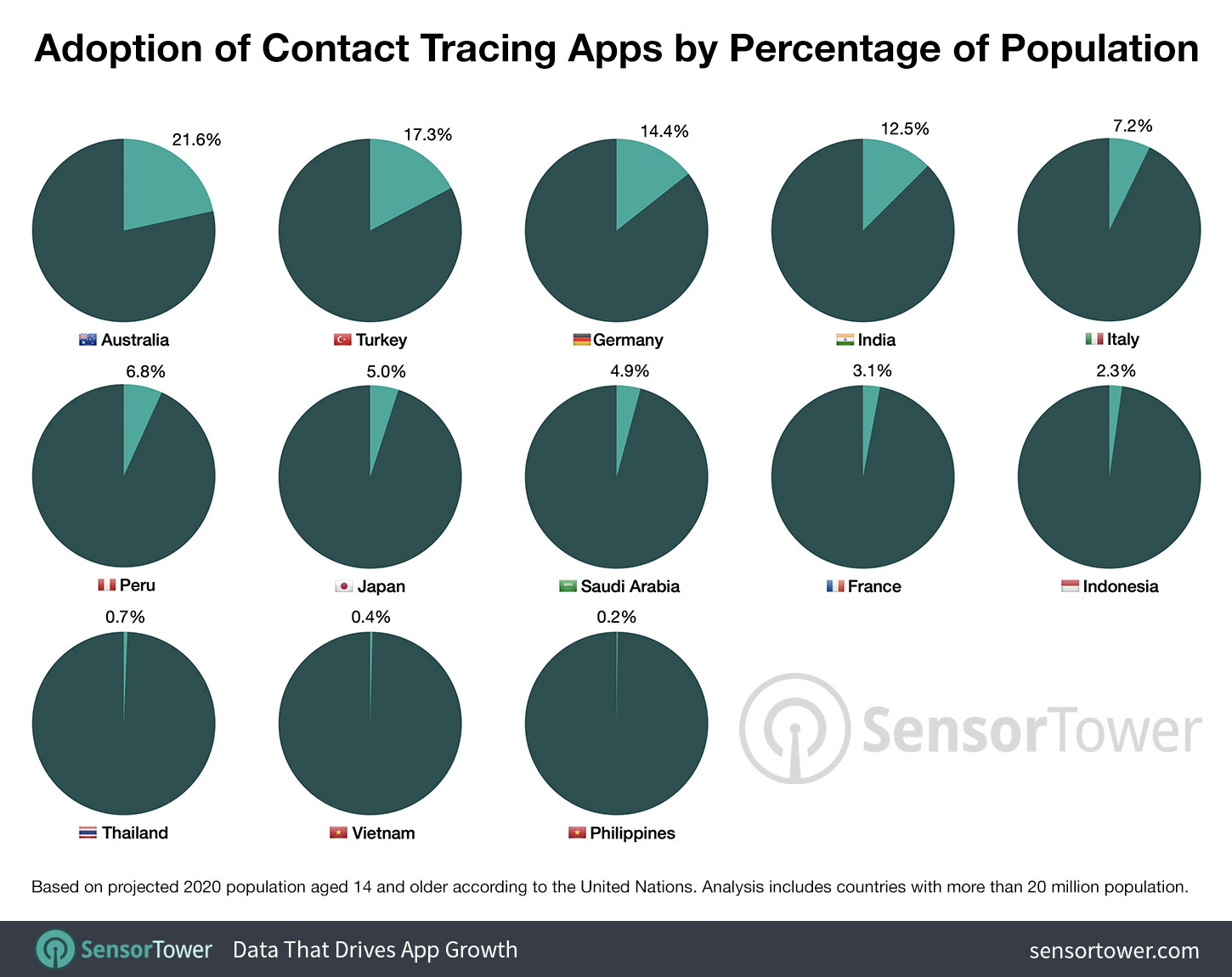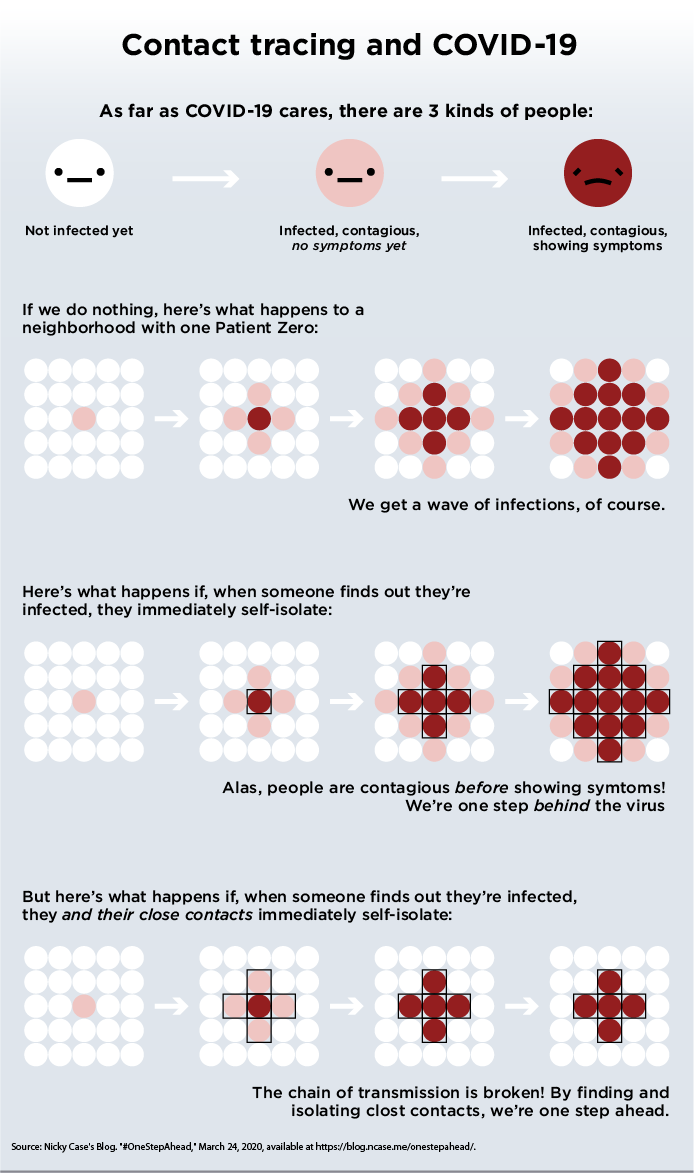Virus Reboot: simple ways hotels can return safer... and smarter
July 15, 2020
July 15, 2020
We’ve spoken to a fair share of hoteliers and proprietors over the last few months. They described how a single virus case on-property resulted not only in closure, but also painstaking work behind-the-scenes — collating visitor data, manually tracking down possible risk cases with CCTV footage and interviews to rule out person-to-person transmission. Much like overworked local health departments, many of them are straining to keep up.
COVID-19 has affected every industry across the world, but our friends in the accommodation sector are among the hardest hit. Industry research suggests that a return to pre-virus levels could take until 2023 — or still later.
The Optics of Safety
Every major hotel chain has responded with new safety protocols, evolving operations to the new normal. Hilton is consulting with Mayo Clinic and RB/Lysol, Accor with AXA and Bureau Veritas, Hyatt with Global Biorisk Advisory Council, IHG with Cleveland Clinic, Ecolab and Diversey. Almost without exception, we’re seeing hotels launch their own programs, often with a medical institution, external expert and cleaning company partner.
Hygiene protocols and social distancing will undoubtedly go a long way in winning guest confidence and minimising risk, but this still leaves the question — are hotels prepared for potential new infections?
Localised recurrences are a very real and present risk. Here in Hong Kong, we have a spike in cases since social distancing measures were lifted, and authorities have confirmed a new strain of the virus with a 30% increased infection rate due to a DNA mutation.
Virtually all medical professionals — from the World Health Organisation to country health experts — say that contact tracing is a crucial part of the three-step plan for returning the world to normal: test, trace, isolate. If we’ve learned from experience, manual contact tracing is what’s keeping us safe, but this puts enormous pressure on staff, and takes time.
Speed is of essence when locating contacts of an infected person to minimise further infections. And if people have to be tracked down by first reviewing hotel data manually, then reaching out to them, critical time is lost.

Government tracing apps — a question of adoption
What are our options? Government tracing apps, perhaps? In the European Union, there are at least seven different solutions — all of which are not linked or entirely compatible with each other yet. The UK and Austrian apps were plagued with false alarms. In Norway, as elsewhere, there are concerns around privacy. In the US, without federal support, contact tracing is being left to states, and underfunded local health departments. At the moment, even the best government coronavirus warning apps have a major drawback — they are all only individual national solutions. If travellers want to protect themselves and others with a warning app, they have no choice but to install several apps at once.
But the larger problem is adoption. While digital tracing has an effect at all levels of adoption,2 according to epidemiological experts in the UK and the US, at very low levels of app adoption, other prevention and containment measures will be required. Even in government-compliant Singapore, the TraceTogether app has been downloaded by only about 25% of the population, despite a formal request from the country’s Prime Minister.
And privacy remains a concern. People are concerned about governments having access to their location data and contacts. In this scenario, what should hotels and commercial properties do?

Effective Interventions Will Define Hotel and Property Safety Post-Covid
Without government mandate and widespread adoption, what we’re seeing is a jumble of helpful interventions, from national and local health authorities, individual players and technology companies like Google and Apple.
The contact tracing solution for hotels and commercial properties will have to be implemented in ways that avoid making journeys more difficult, they must also respect the privacy concerns of every guest. The technology response is absolutely essential, and it needs to be swift.

Not Contact Tracing, “Contact-less” Tracing — With Teams and Tech Working Together
The solutions for hotels and properties needn’t be complex. In fact, they’re easily achievable with the technology we have today — with a simple sticker on existing room cards or mobile apps — and no new touch points between guests and employees. The results are immediate, and take a huge burden off already overwhelmed staff. At its most basic, AI-based apps can send notifications to staff when certain areas are at risk of overcrowding. If a guest were to fall ill, managers can draw up a list of other guests (by room number) and staff who have been in close proximity.
For guests, this means they will be notified immediately if they have been in contact with an unwell guest within the property. For staff who are on the front-line and exposed to enormous risk every day, this is immediate reassurance that they have not accidentally had contact with the unwell guest. For hotels, this could be the difference between having to close and clean only a part of the property, to potentially having to shut down for weeks, with the associated fallout in terms brand image.
Reboot, Restart: Make Our Premises Safer… and Smarter
In a straw poll at our Post-COVID trends webinar last month with hoteliers, owners and consulting firms, we surveyed participants on how many of them thought hotels needed to play a part in on-premise health data collection to avoid virus transmission. Nearly 60% said they would like to be the ones in charge. This makes sense — having access to vital information will determine how much trust guests can place in their promise of safety, and a high level of preparedness if things were to go wrong. This is also in line with World Health Organisation Guidelines issued to the accommodation sector in March, recommending that hotels monitor guests who are potentially ill, using a questionnaire and tracking requests for doctor’s visits, with the goal of facilitating early detection, and swift management of suspected cases with local health authorities.
People want to travel. By acting proactively and adopting technology solutions we have today, it’s possible for hotels to come out stronger from the crisis. A resistance to innovation is something of an industry legend, an accepted truth in the hotel sector, but this doesn’t have to be the case. In the face of a crisis, embracing readily available technology will make a difference between safeguarding the lives of guests — and the livelihoods of the people who serve this sector. It’s time to innovate.
References:
Hospitality and COVID-19: How long until ‘no vacancy’ for US hotels?
No, coronavirus apps don’t need 60% adoption to be effective